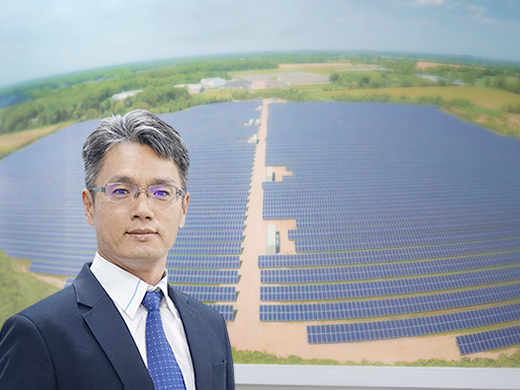Outlook
趨勢展望
ECOVE Actively Supports Government’s Renewable Energy Policy with Solar Power Constructions
As the most reliable practitioner of “resource cycling” services in Taiwan, ECOVE took the initiative to support the government's renewable energy policy by establishing ECOVE Solar Energy Corporation (ECOVE SEC), a company that specializes in the investment and development of solar power. Bolstered by our parent company CTCI, ECOVE has been engaged in constructing and managing solar power systems with solid planning and construction capabilities, as well as superb skills in manufacturing and project management. Total solar power generation has grown year by year (see Figure 1). ECOVE will continue to contribute to the environment by delivering highly efficient renewable energy.
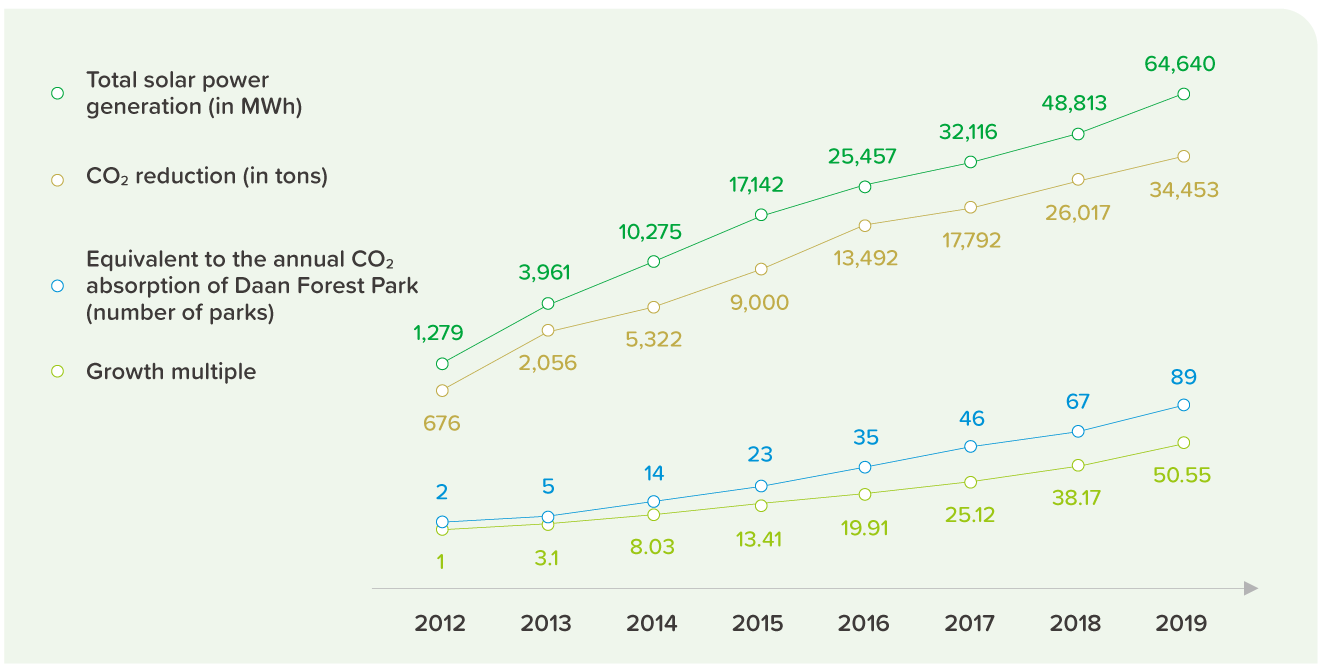
Figure 1. ECOVE's total solar power generation by year.
Solar Power Is Paramount to Energy Transition
As the government has been actively pushing forward energy safety, green economy, environmental sustainability, as well as a nuclear-free vision in recent years, renewable energy plays an important part in energy transition. According to the national energy policy plan, renewable energy-based power generation is set to account for 20% by 2025; among all sources of renewable energy, solar power is of most significance, with a total installed capacity goal reaching up to 66%. The Executive Yuan has set the clear goals and roadmaps as follows: 6.5 GW (GW is a unit of electricity, namely 1 billion watts) installed capacity in the short run (by 2020) and 20 GW in the long run (by 2025). And the way to achieve these goals? Ground-mounted solar power stations have become an imperative. As Taiwan is densely populated, there is no sufficient land for solar power constructions. To avoid plunder of farmland, seeking multiple uses of land has become the best option available, without affecting the original land purpose. Currently, common multiple uses of land include solar farms, solar fisheries, remediated landfills, and parking lots. They incorporate solar power systems into the existing land use and adds value to the lands, bringing benefits of renewable energy and a shared prosperity. With solid planning and construction capabilities, as well as great capacity for manufacturing quality products, ECOVE has built many solar power systems and carried on operation and maintenance (O&M) works. It takes concrete actions to support the government’s sustainable energy development plans in hopes of setting a new green energy construction model for Taiwan's large utilities. ECOVE has considerable experience in the development, planning, investment, construction, and management of dozens of projects in three types of solar power plants: rooftop, ground-mounted, and floating (see Figure 2 to Figure 4). Upholding safe, reliable, and stable investment strategies and the long-term ownership of projects, ECOVE has been striving to deliver the "most reliable" service quality, something that has been affirmed by our owners.
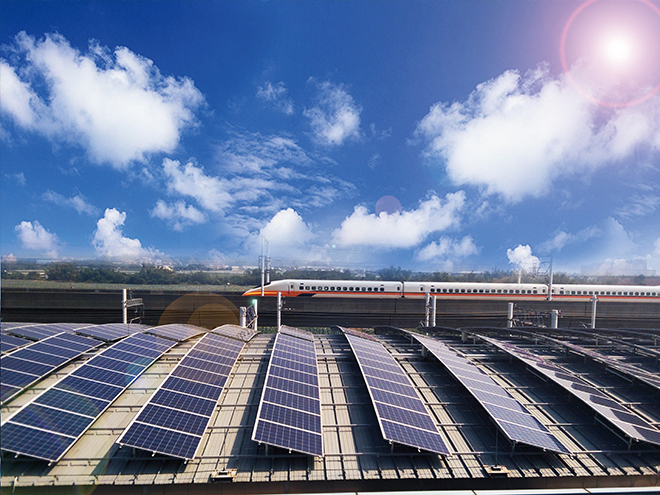
Figure 2. Rooftop: Solar power plant at Taiwan High Speed Rail’s Yanchao depot.
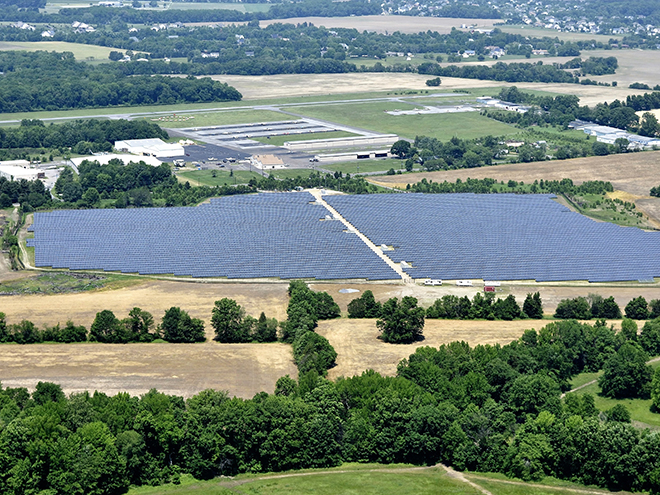
Figure 3. Ground-mounted: Solar power plant at Lumberton, New Jersey, USA.
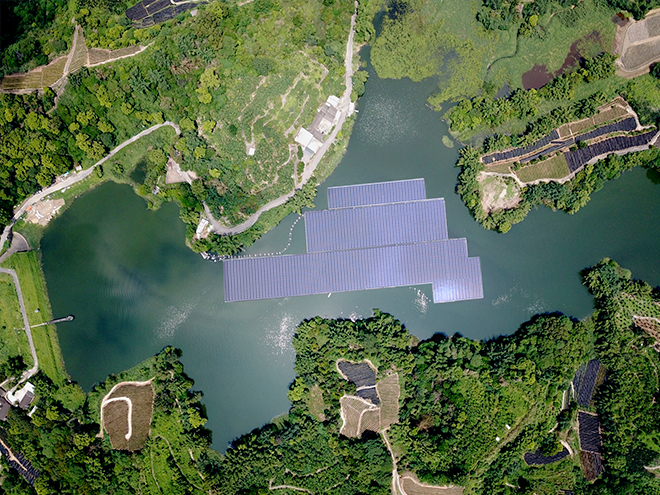
Figure 4. Floating: Taiwan Chianan Irrigation Association project.
Multiple Uses of Land—Challenges Facing Agrivoltaic and Fishery-Type Solar Farms
Agrivoltaic and fishery-type solar farms are current government policies. In 2019, the Council of Agriculture rolled out the "agrivoltaic farm" program for 2,600 hectares of land and prescribed that agrivoltaic farms should be mainly used for farming. Participants are therefore required to have practical farming experience to ensure regular agricultural production, and the farm yield must reach at least 70% of the average production yield over the last three years as specified in the Yearly Report of Taiwan's Agriculture. However, the program is currently pending, as it is reported that trees were cut down for power generation and some disputes over investment solicitation remain unsolved. As to the solar fishery program, the Fisheries Agency has tallied 7,985 hectares of land for the installation of solar fisheries, with an estimated installed capacity of 4 GW. The Fisheries Agency has prescribed that the area of solar power constructions should be kept below 40% and that at least 70% of the original catch should be reached in order to participate in the program. At present, development projects in Tainan have been approved by the Tainan City Government and the Fisheries Agency. To better achieve the government’s policy targets, it is vital to communicate with local residents early on and overcome challenges posed by fishermen's resistance. Once ECOVE confirms collaboration details with aquaculture farmers, it will go on to assess the feasibility of investments in order to contribute to Taiwan’s green energy constructions through cross-industry cooperation.
ECOVE Remediates Landfills for Solar Power Plant Constructions
In the eyes of most people, landfills are dirty, smelly, or polluted. Despite the impression, building solar power plants on remediated landfills is currently the most effective multiple use of land. It not only successfully revitalizes idle landfills but also boosts the development of renewable power. Thanks to proper management and maintenance mechanism, landfill sites are kept clean and tidy, and may even be turned into environmental education venues. In cooperation with local environmental protection bureaus and district offices, ECOVE has constructed solar power systems at 14 landfill sites across Taiwan with a total installed capacity of 20 MW. It is a national leader in terms of the revitalization of landfills. In particular, the solar power plant at Chengxi Landfill Site in Annan District, Tainan City (see Figure 5) has often been used by the Environmental Protection Bureau of Tainan City Government as a demonstration site of landfill remediation and revitalization to guests from all walks of life. Indeed, this solar plant greatly contributes to environmental education and promotion of renewable energy.
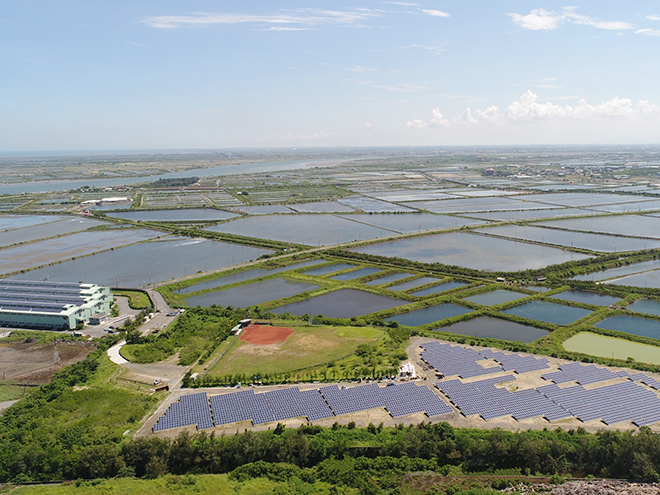
Figure 5. Solar power plant at Chengxi Landfill Site in Tainan City.
The 20-GW solar power capacity target set by the government is a vision of energy transition, energy diversification, and environmental sustainability to be realized step by step. In line with the central and local government policies, ECOVE will facilitate the development of ground-mounted solar power systems and continue to install solar power systems at landfills to bring value to lands through multiple land-use approach, making concrete contributions to the sustainable development of environmental resources in Taiwan.

